Whether you’ve been in the country 10 days or 10 years, there are bound to be some parts of Germany you don’t know as well as others, or gaps in your knowledge about its history and culture.
From the rich maritime history of northern cities like Hamburg to the vibrant folk traditions in the south, Germany is a diverse and fascinating country, and finding out more about it can be hugely rewarding.
Of course, not everyone has time to pore over endless history books or study the complete works of Goethe – and the good news is, you don’t have to.
Getting to know Germany better can be as easy as strolling through a new city, binge-watching German TV or visiting a fun museum with family and friends.
To get you started, here are eight easy ways to learn more about Germany’s history and culture.
Visit a folk festival
Regardless of the season, there are endless folk festivals to enjoy all around Germany, and they’re far more than just opportunities to drink beer and eat sausages (although you can definitely do that too).
From finding out about Riesling wine in the Mosel Valley to Spargel (asparagus) in Beelitz, folk festivals are a great way to dip your toes into regional customs, cuisine and culture and soak up the feelings of local pride.
Whether it’s a large-scale event like Munich’s Oktoberfest or the Weimar Zwiebelmarkt, or a more intimate gathering like Lübeck Hansafest, most folk festivals are a great way to get a feel for specific regions in Germany. What’s more, you’ll often see local artists on the line-up and local craftspeople selling their wares, most of whom will be happy to chat with you about what they do.
READ ALSO: 10 unmissable events taking place in Germany in 2024
Take a crash-course in German history
If talk of the Holy Roman Empire or Hanseatic League leaves you scratching your head, you may want to find a fun way to brush up your knowledge of German history.
For those who are short on time, there are few better options for doing so than the Deutschlandmuseum in Berlin. This new addition to the capital’s museum scene is located just a stone’s throw from Potsdamer Platz and the Mall of Berlin and promises to take visitors on a whirlwind tour through 2,000 years of German history.
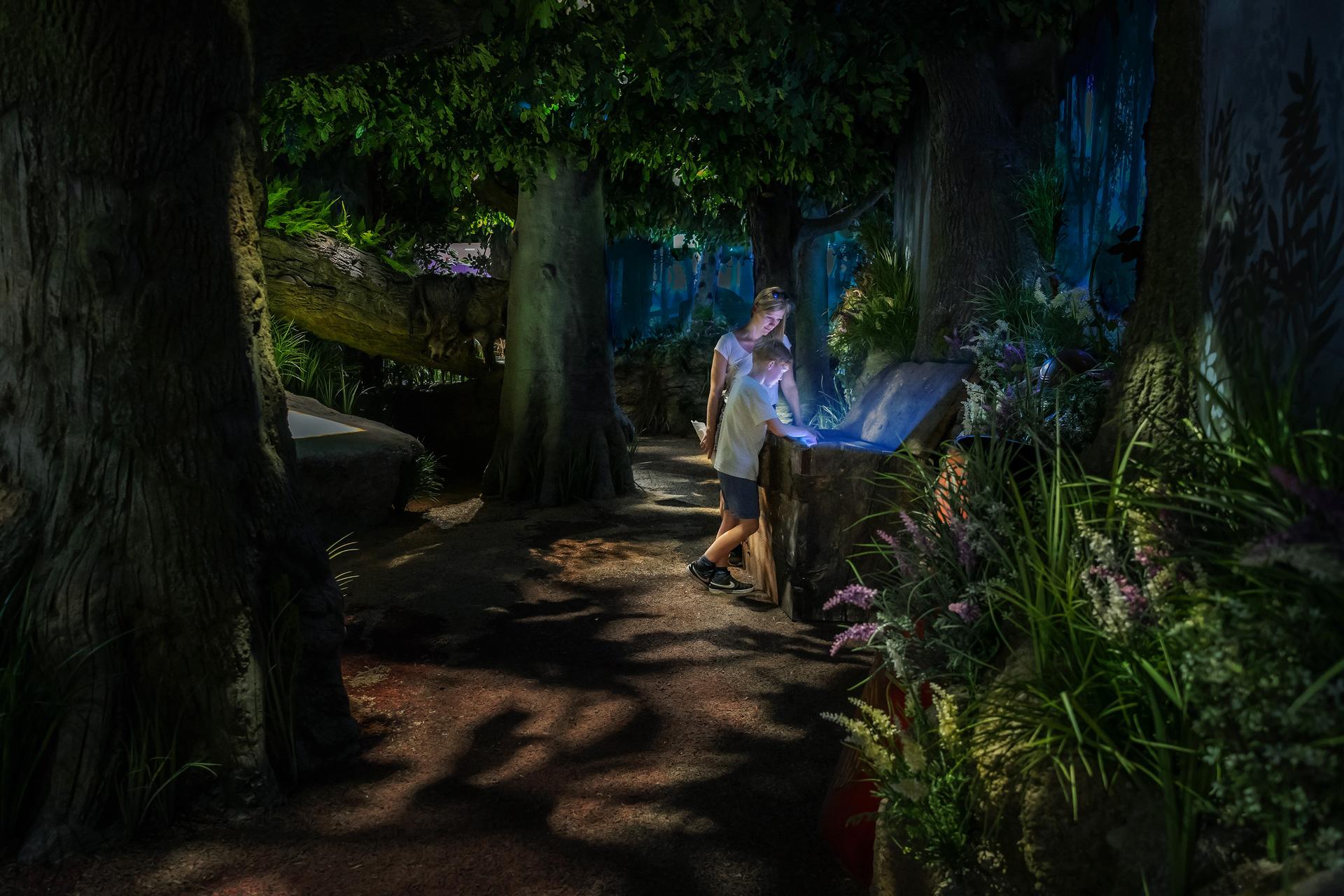
Starting in the ancient world and ending in the present day, the Deutschlandmuseum covers 12 major epochs, including the Reformation, Englightenment, Hilter’s Third Reich and the post-war division of Germany.
Along the way, you can test your knowledge with pop quizzes, but the sights and sounds of each fascinating era are what truly makes the experience memorable.
The whole thing can be done in a single hour, though the atmospheric scenery and interactive exhibits that transport you back in time may inspire you to linger a little longer.
Make a German music playlist
For a little hit of German culture on the go, why not make a playlist full of Germany’s top artists and listen to it while travelling or doing chores at home?
If you’re stuck for inspiration, music streaming services like Spotify, Apple Music and YouTube have some ready made playlists you can nick ideas from, or even just listen to in their entirety to discover your new favourite German artists.
This extensive playlist on Spotify, made by user Loki, covers hundreds of tracks and organises German music into different genres, so whether you’re into electro-pop, techno or hip hop, you’re bound to find what you’re looking for.
READ ALSO: Why are people in German-speaking countries so obsessed with Schlager music?
Go on a walking tour
It may sound like something only tourists do, but taking a walking tour either in your own city or elsewhere can open your eyes to new aspects of German culture and history you may not have known about before.
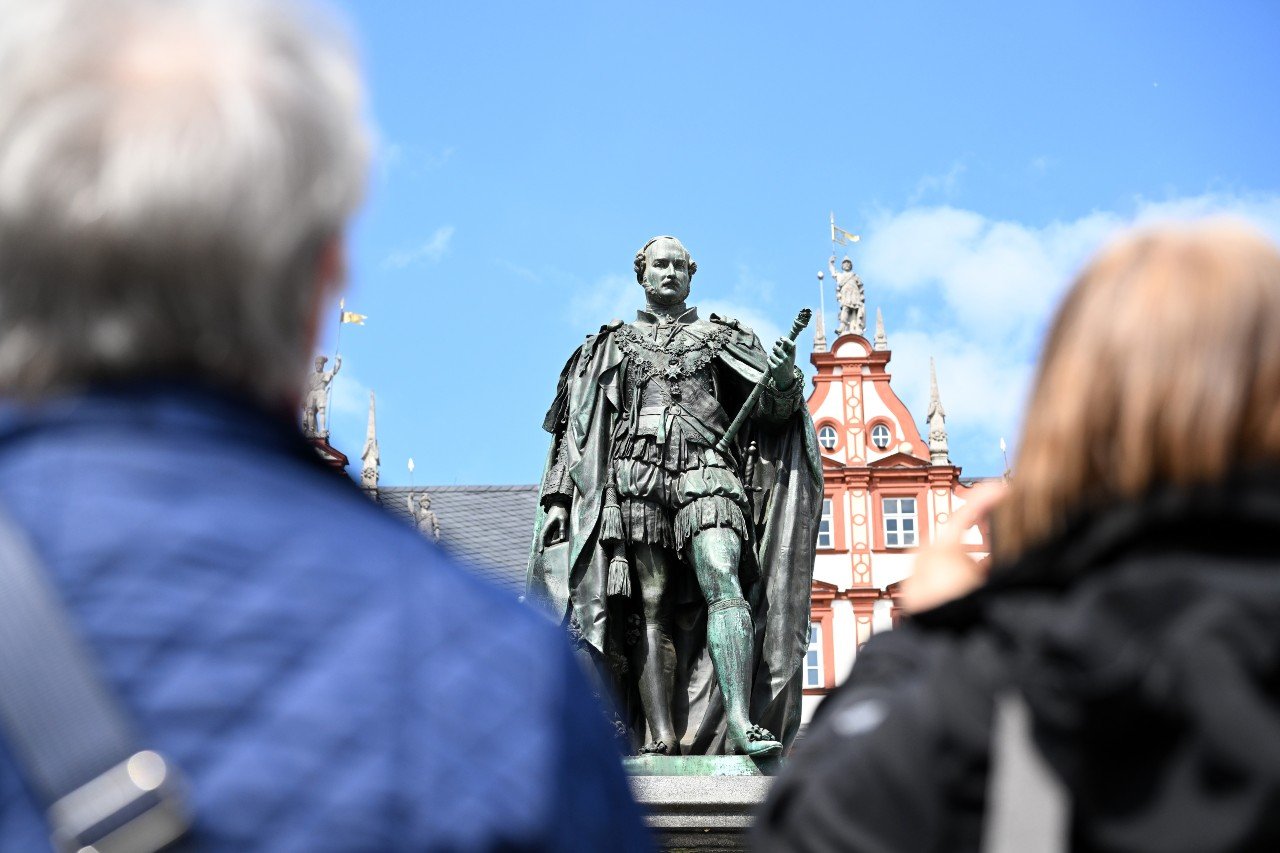
Though history tours are often the most popular, you can find endless options to suit your interests, from vineyard and local restaurant tours to vintage clothing stores, graffiti and street art.
Websites like GetYourGuide and Airbnb are good places to start looking for tours in your area, but if there’s something specific you’re interested in, you can always Google it and see what comes up.
Join a weekly Stammtisch
This one will depend a lot on where you live, but if you’re in a city, joining a regular Stammtisch can be a great way to meet new people, improve your German skills and generally get an insight into life in Germany.
If you’re not familiar with the term, a Stammtisch is an informal gathering, usually at a bar or restaurant, with a group of people who meet up on a regular basis. The name itself refers to the table people sit at, with ‘Stamm’ referring to the regular guests at the establishment. In other words, the Stammtisch is the regular table reserved for this group (traditionally at least!).
READ ALSO: What you should know about Austria and Germany’s ‘Stammtisch’ tradition
There are many different types of Stammtisch, with some dealing with specific topics like politics or sport, and others simply acting as an opportunity to meet people. Whichever one you decide to go to, what easier way could there be to learn about German culture than gathering in a warm Kneipe and enjoying a cold beer?
Binge-watch German cinema
From cult classics like Metropolis and Good Bye Lenin to international breakthroughs like Toni Erdmann, Germany has produced some brilliant films over the years.
So whether your goal is to learn more about German history or simply enjoy some high-quality cinema, enjoying a movie night at home is a fun and effortless way to get to know Germany better. Most popular films have English subtitles or dubbing, so language should be no barrier.
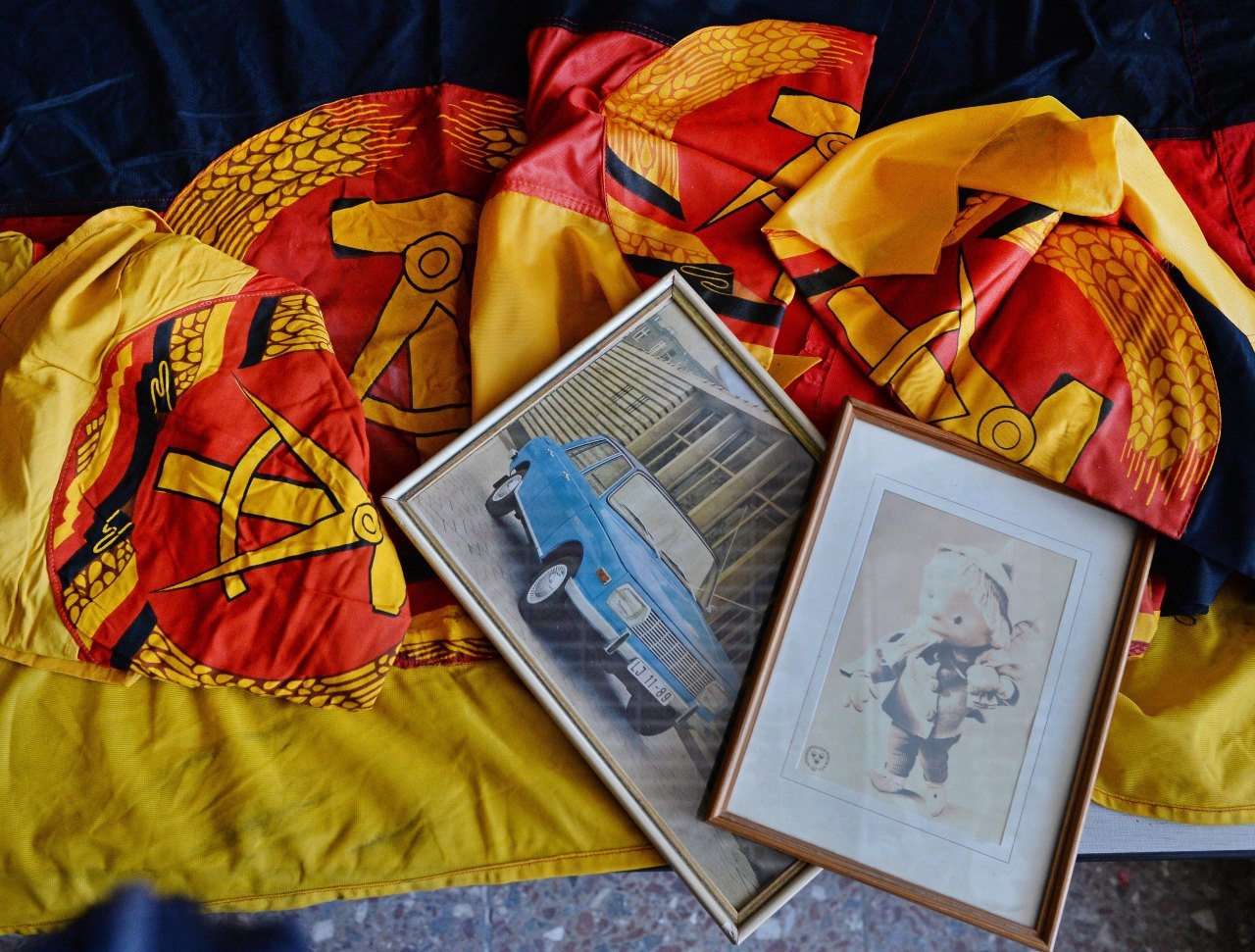
Of course, there are also plenty of film festivals that run around the country, most famously the Berlinale, which runs for around two weeks in February. Though Berlin’s film fest is a celebration of international cinema, there are always a few German films in the programme, so keep an eye out for those if you want extra brownie points.
If you’re looking for something to binge watch, there are plenty of entertaining German TV shows you can find on streaming services like Netflix or on broadcasters ARD and ZDF.
It doesn’t have to be high-brow, either: you can learn plenty about German society and life by finding your new fave reality TV show, and we’ve got the ultimate list here:
The five weirdest and best reality TV shows for improving your German
Sample local food and drinks
This one’s fairly obvious, but going to a nice local restaurant while travelling in Germany, or a local farmers’ market or food festival, can teach you a lot about Germany.
Whether it’s sipping an Apfelwein while eating potatoes in green sauce in Frankfurt or tucking into a Störtebecker beer and Labskaus in Hamburg, there’s huge variety in Germany’s regional cuisine – and often a fascinating tale behind every dish.
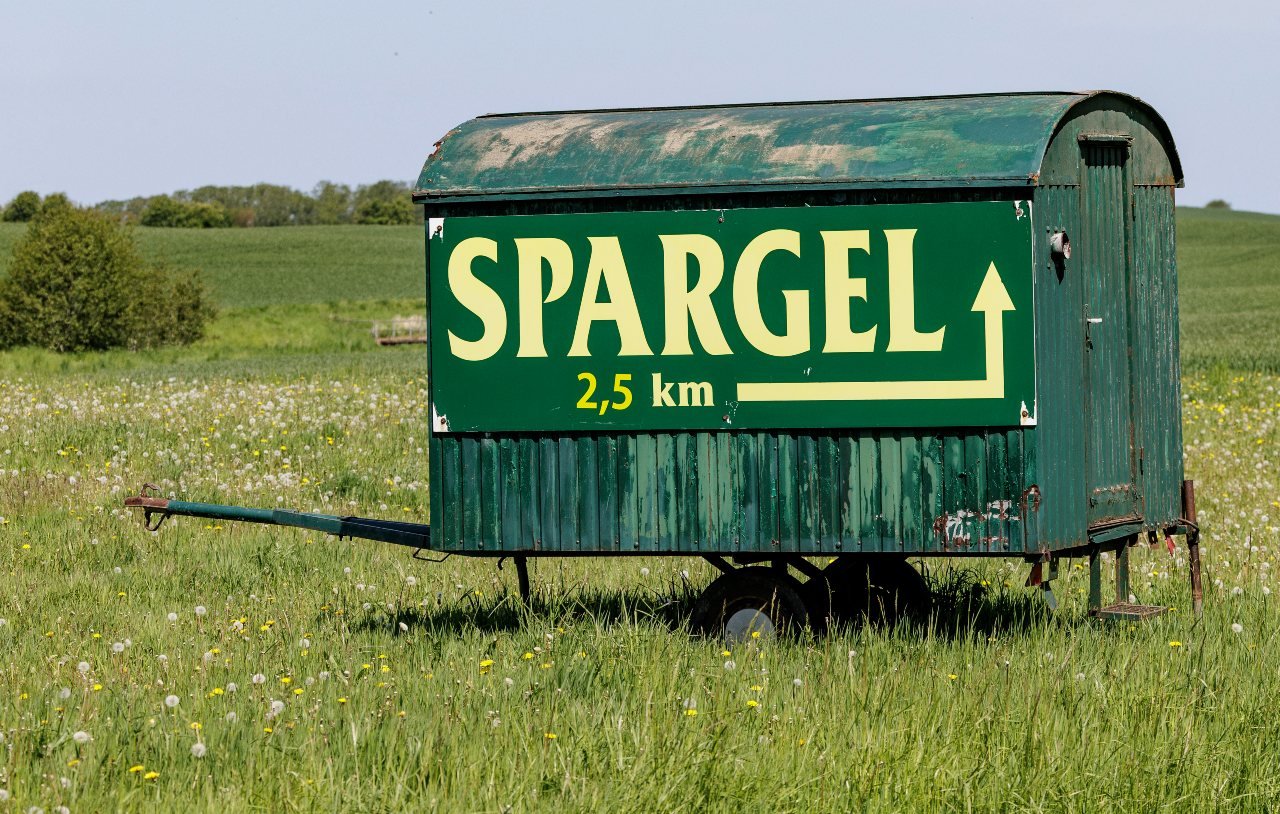
Alternatively, finding out more about local dishes online and even trying your hand at preparing a few is a great hack for feeling well integrated.
READ ALSO: The foods you have to try while visiting Hamburg
Immerse yourself in German literature
This is one for the bookworms (or Leseratten – reading rats – as the case may be): tucking into a German novel can teach you loads about the German way of life, the country’s complex history and the thoughts and ideas that have shaped Germany today.
Admittedly, not all of the classics are light bedroom reading – The Tin Drum by Günther Grass is notoriously lengthy – but there are plenty of shorter novels that are a perfect jumping off point.
Thomas Mann’s novella, Death in Venice, is one of them, and The Reader by Bernhard Schlink is another, but you can always check out our top 10 recommendations for more inspiration:
10 German books you have to read before you die
Have you got any tips for an easy way to learn more about Germany’s culture, language and history? Get in touch and let us know.

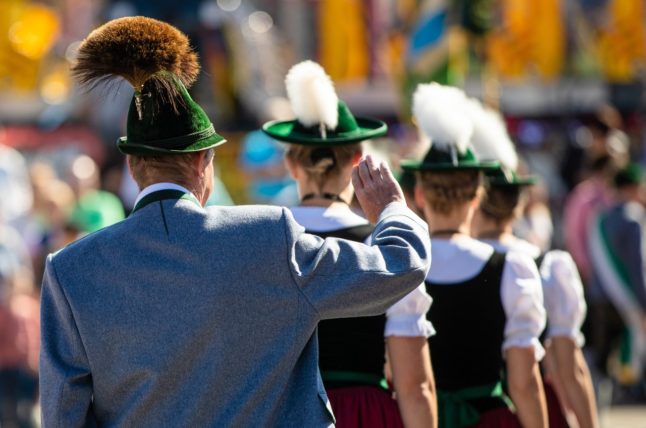
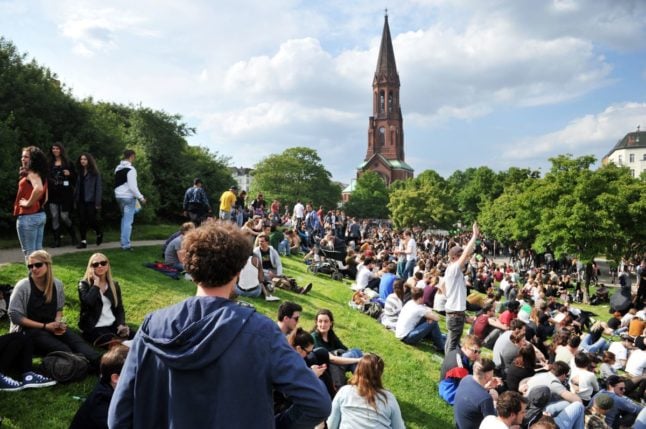
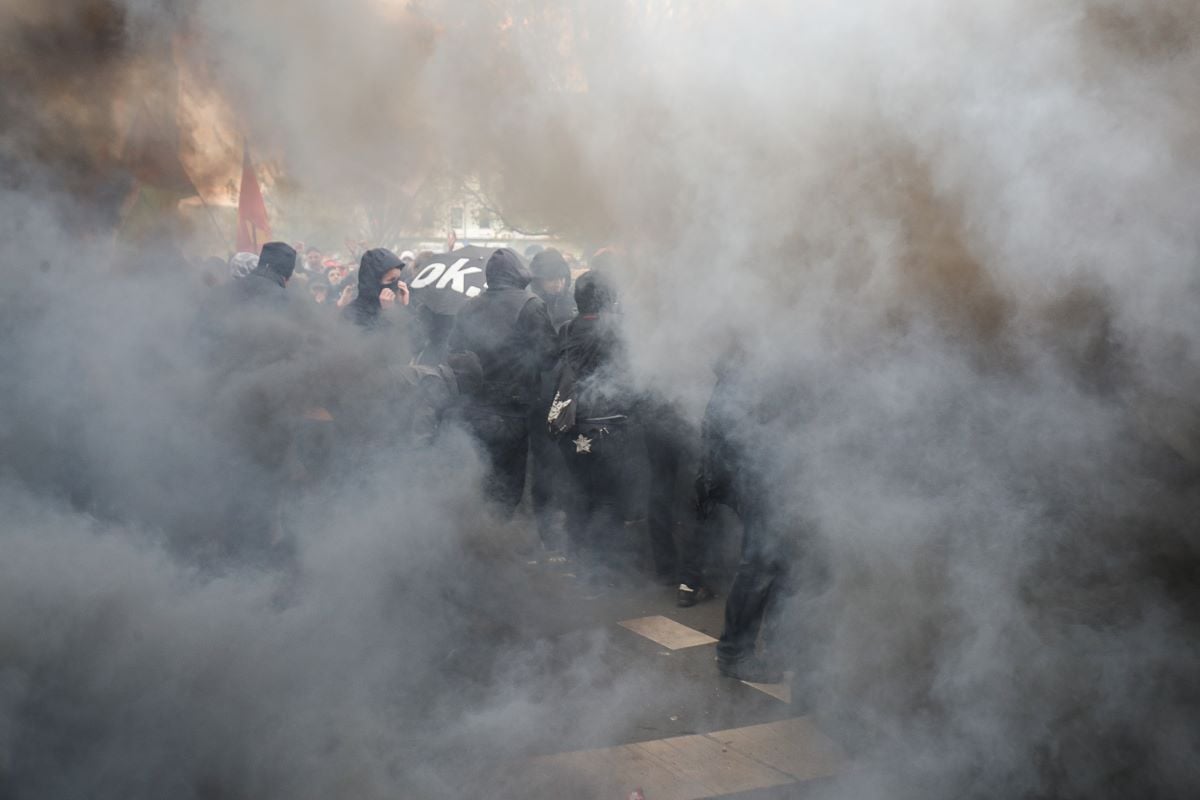
 Please whitelist us to continue reading.
Please whitelist us to continue reading.
Member comments